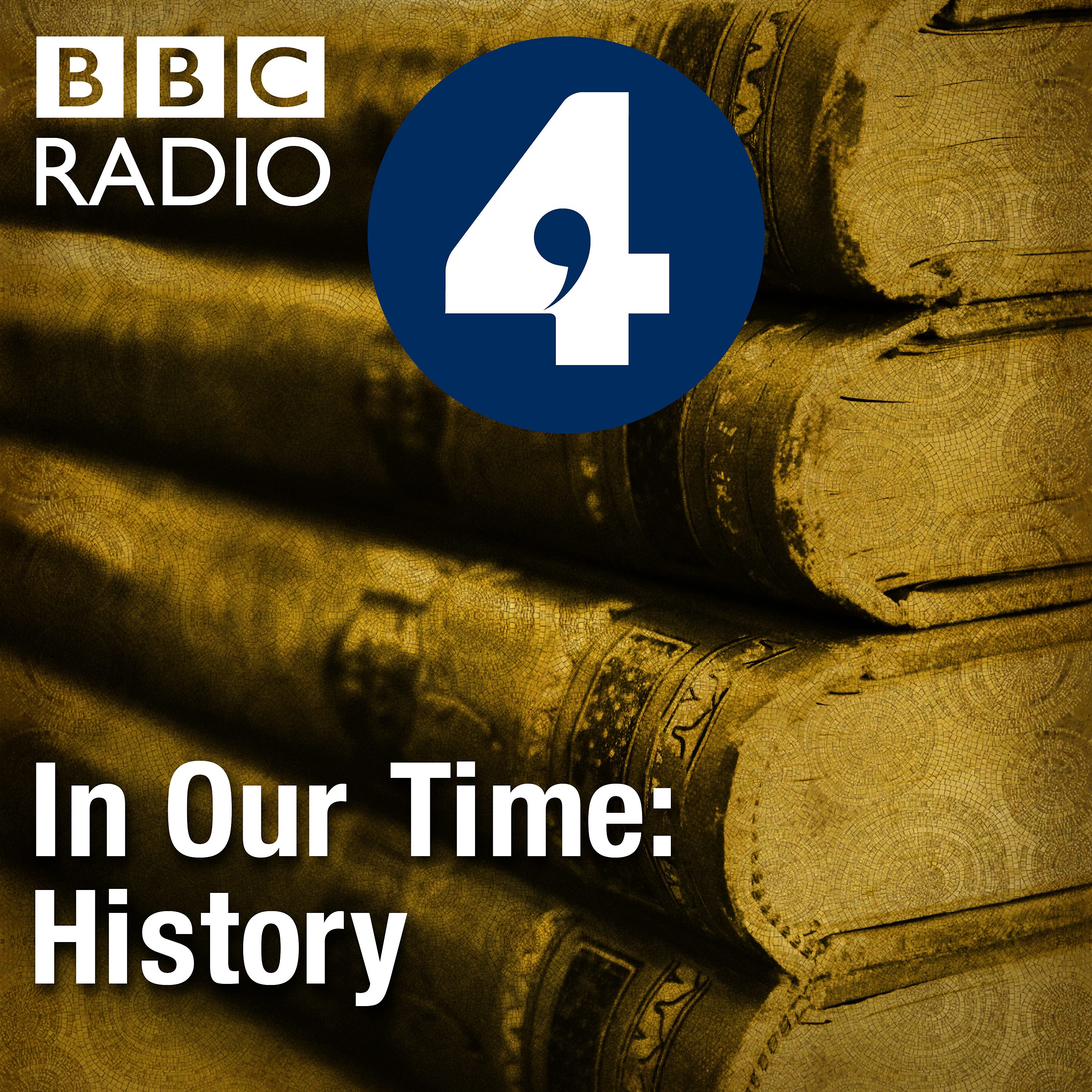

…
In Our Time: History
…
·…
BBC Radio 4
Historical themes, events and key individuals from Akhenaten to Xenophon.
Historical themes, events and key individuals from Akhenaten to Xenophon.
All
Progress
Duration
Release Date


…
…
Historical themes, events and key individuals from Akhenaten to Xenophon.
Historical themes, events and key individuals from Akhenaten to Xenophon.
Progress
Duration
Release Date